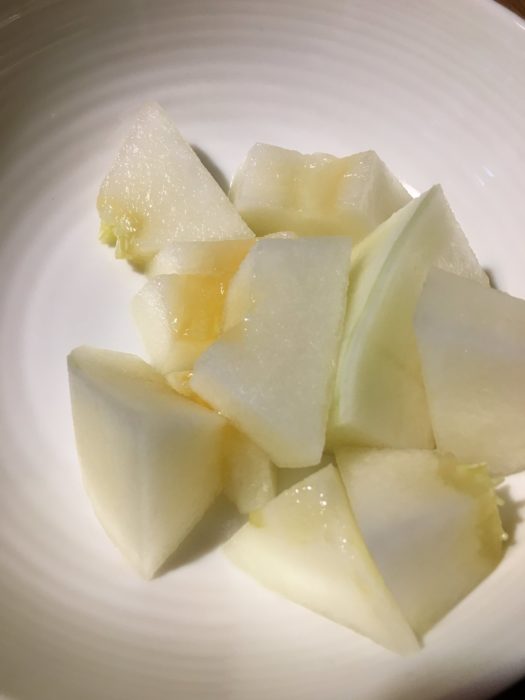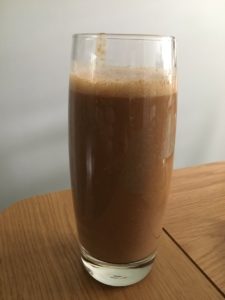21st June 2019 London,UK
Acid Drops

When I first received the diagnosis of “reflux”, I was almost pleased. It had a commonplace sort of sound. I had feared worse. But what this really said is that I didn’t understand what reflux meant. I have soon come to realise that I was not alone in that.
I have always been very British about my health. It is something never talked about. One soldiers on. But as I have learnt more about my newly diagnosed laryngo-pharyngeal reflux I discover that almost everything about it is shrouded in confusion and disagreement, from diagnosis to treatment. There doesn’t even seem to be a consensus as to whether it is best regarded as a separate condition in its own right or as an “atypical” manifestation of gastro-oesophageal reflux disease.
A biography of illness is termed a pathography. It can be written by a physician, by a historian, for example in analysing the impact of a chronic illness on the life and work of a great person or, increasingly, by the patient. An attempt to make sense of their illness, if only for themselves, or to help others with the same diagnosis, or to disseminate awareness about an under-appreciated disease. The goal of these notes, these acid drops, is to contribute some thoughts on my experience of different aspects of a complex condition, to give a sense of life with laryngo-pharyngeal or “silent” reflux.
Why “silent”? Because most of the symptoms of laryngo-pharyngeal reflux are felt in the throat and upper airways. It doesn’t necessarily or indeed usually include the “classic” reflux symptoms of indigestion and heartburn. But it certainly doesn’t feel silent. “Relentless” is more accurate. A sore throat and hoarseness which were by now permanent companions, joined by an assorted range of bedfellows like breathing issues, chest and back pain. An endoscopy uncovered a hiatal hernia, which appeared to pinpoint the root of the reflux symptoms, as acid and other stomach contents were able to pass through the lower oesophageal sphincter, made weaker by the hernia.
I couldn’t find any consolidated NHS guidance on laryngo-pharyngeal reflux, other than a rather general note entitled “heartburn and acid reflux”. But several individual NHS hospitals had posted advice sheets on line, which all indicated that treatment should comprise a mix of lifestyle changes and medicine, with surgery reserved for cases where all else had failed.
The required lifestyle changes included some items I could tick off straight away (“stop smoking”: I’d never started; “lose weight”: I was already at normal weight, having ironically just finished a diet). But I looked with dismay at the list of proposed dietary restrictions. Caffeine, alcohol, carbonated drinks, chocolate, spicy food, acidic food, fatty food and processed food were all out. Melon and banana topped a remarkably short list of permitted fruit. The list of banned drinks appeared to leave me with only still water and camomile tea as the remaining options, with a specially crafted low acid smoothie as a treat. This did not look fun.

The centrepiece of the medical treatment is the Proton-Pump Inhibitor (PPI), which works by blocking the stomach’s acid production. I was prescribed one of the most common: omeprazole. But there were warnings in the guidance sheets that for patients with laryngo-pharyngeal reflux these would have to be used “aggressively” (which meant high doses), for sustained periods, and even then might not work. They were much more successful in treating the better-known heartburn reflux, gastro-oesophageal reflux. And the list of potential side effects contained within the omeprazole box was daunting, and long.
So as I embark on this journey to confront laryngo-pharyngeal reflux I have the sense of doing so with a faulty compass and a map comprising mostly blank spaces. I’m not sure where this journey will lead, but I will try to record it faithfully.